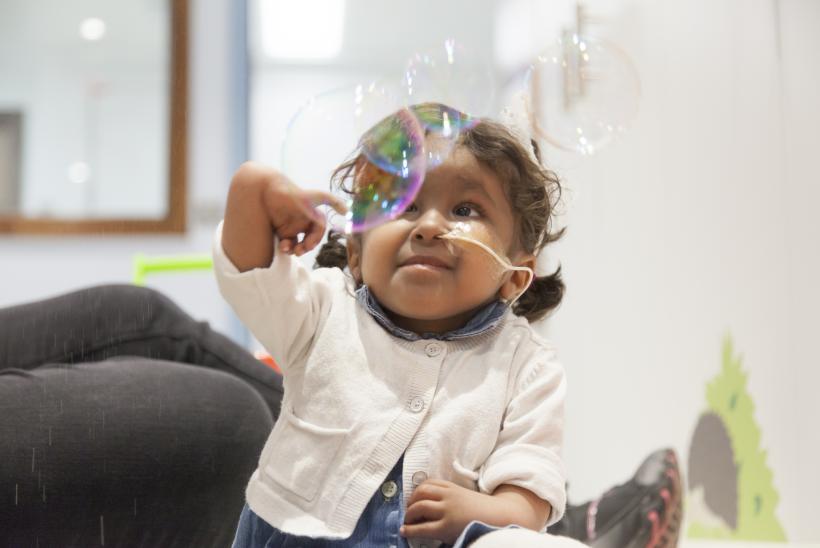Q&A with GOSH Play Team
August 1st is Play Day: a day dedicated to the celebration of children’s right to play and highlights the importance of play in children’s lives. To celebrate this, we asked the play specialist team at Great Ormond Street Hospital (GOSH) for Children in London why play is so important for children.
Q: How can play help with a child’s development?
Children instinctively play and it is through play that they learn new skills and develop. Play is important for healthy brain development and it is through play that children engage and interact in the world around them.
Q: Why is play important for children who might be in hospital or at home with a long-term illness?
Article 31 of the United Nations Convention of the Rights of the Child states that all children have a right to play, this includes all children whether they are at home or in hospital. For some patients who are isolated and far from home, play can be a real time of normality and solace from hospital life. It is something fun and enjoyable that translates to each patient, no matter what the language or cultural differences may be. Having time for arts and crafts, games, fun and interaction can be really uplifting for a patient’s wellbeing and help patients cope with their diagnosis and treatment.
Q: Can you tell us more about the play team at GOSH?
GOSH has a dedicated Play Department which include Play Specialists and Play Workers. Our job is to normalise the hospital experience and provide play opportunities to support their natural learning through play. We provide specialised therapeutic play to help patients cope with their diagnosis, condition, treatments and procedures. For example, the team use distraction techniques to engage and distract children before and during blood tests, so that they have a more comfortable experience.

Play Team
Erin, Ellie and Caroline
The Play Team also provide general play activities, to help normalise patients’ experience at hospital. As part of this, on every ward there is a play facility staffed by team members, and stocked with books, toys and games.

